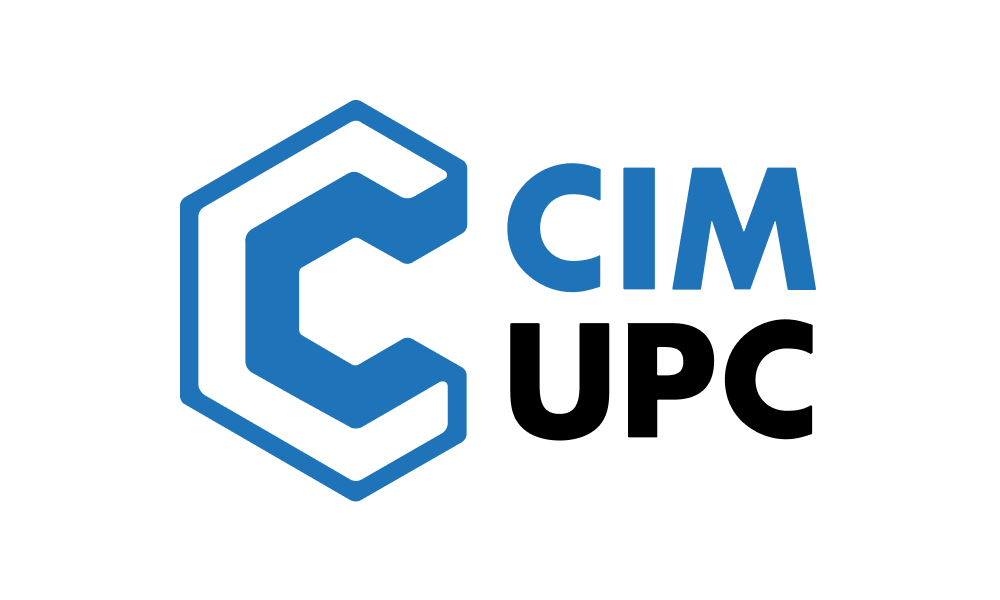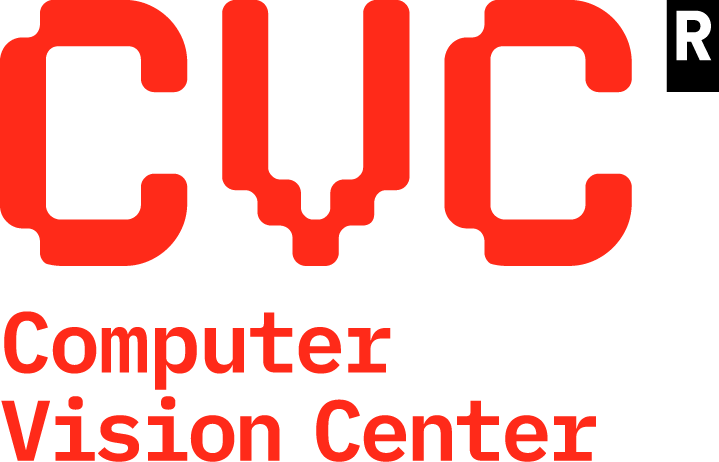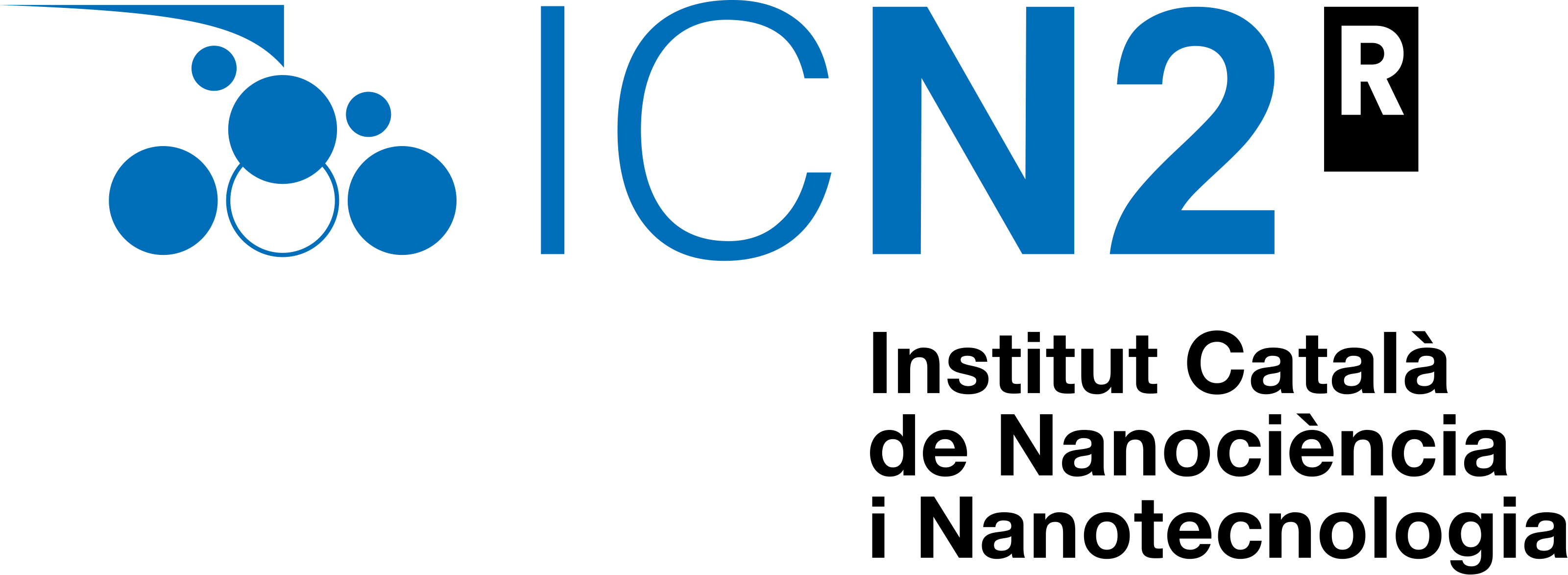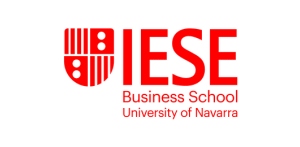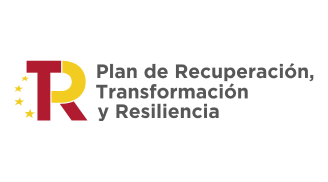Technologies applied to mecathronics
- Advanced manufacturing and robotics
- Monday, 09 October 2023 - Wednesday, 31 July 2024 From Monday to Thursday, from 6 p.m. to 9.30 p.m.
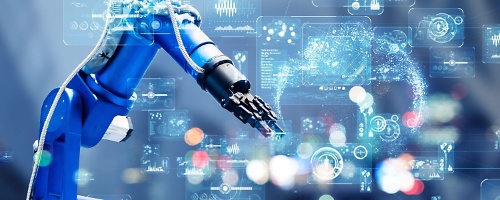
Why this continuing education master’s degree?
Industry is a sector in continuous transformation that is currently undergoing a paradigm shift. In fact, for some years now the term 4.0 Industry has been coined, which refers to its full immersion in the fourth industrial revolution. The leap to 4.0 Industry is born from the digital era and evolves towards data science, with key concepts such as big data or machine learning. In other words, today’s industry is becoming an integrated and intelligent industry.
Classical mechatronics is based on four fundamental pillars: mechanics, electronics, control and computing. However, in order to obtain maximum production and energy efficiency in a set of industrial equipment, it is necessary to know the devices and understand their operating principles. Yet, this current view is biased and, to some extent, obsolete. In the current scenario, it is necessary to complement this knowledge with a deep understanding of the possibilities of interconnecting with other existing devices to achieve higher performance and improve flexibility through industrial digitalisation. If to all this we add concepts of data science, a transversal, multidisciplinary profile is configured, multidisciplinary and adapted to the new needs that we call mechatronic industrial designer in the era of digitised industry.
The master’s degree in Technologies Applied to Mechatronics 4.0 aims to go a step beyond classic mechatronics. Therefore, it provides designers of industrial machines and products, traditionally focused on the mechanical field, with all the necessary skills to become the figure of the industrial mechatronic designer that Industry 4.0 needs. To this end, the contents of the master’s degree focus both on classical mechatronics and on providing a more digital and innovative vision, integrating data science tools and knowledge applicable to industry.
The programme provides innovative solutions in technologies applied to mechatronics and the most advanced knowledge in industrial communications, computer languages and environments used in the industrial environment, as well as new data processing techniques such as machine learning, big data or digital twins, among others.





